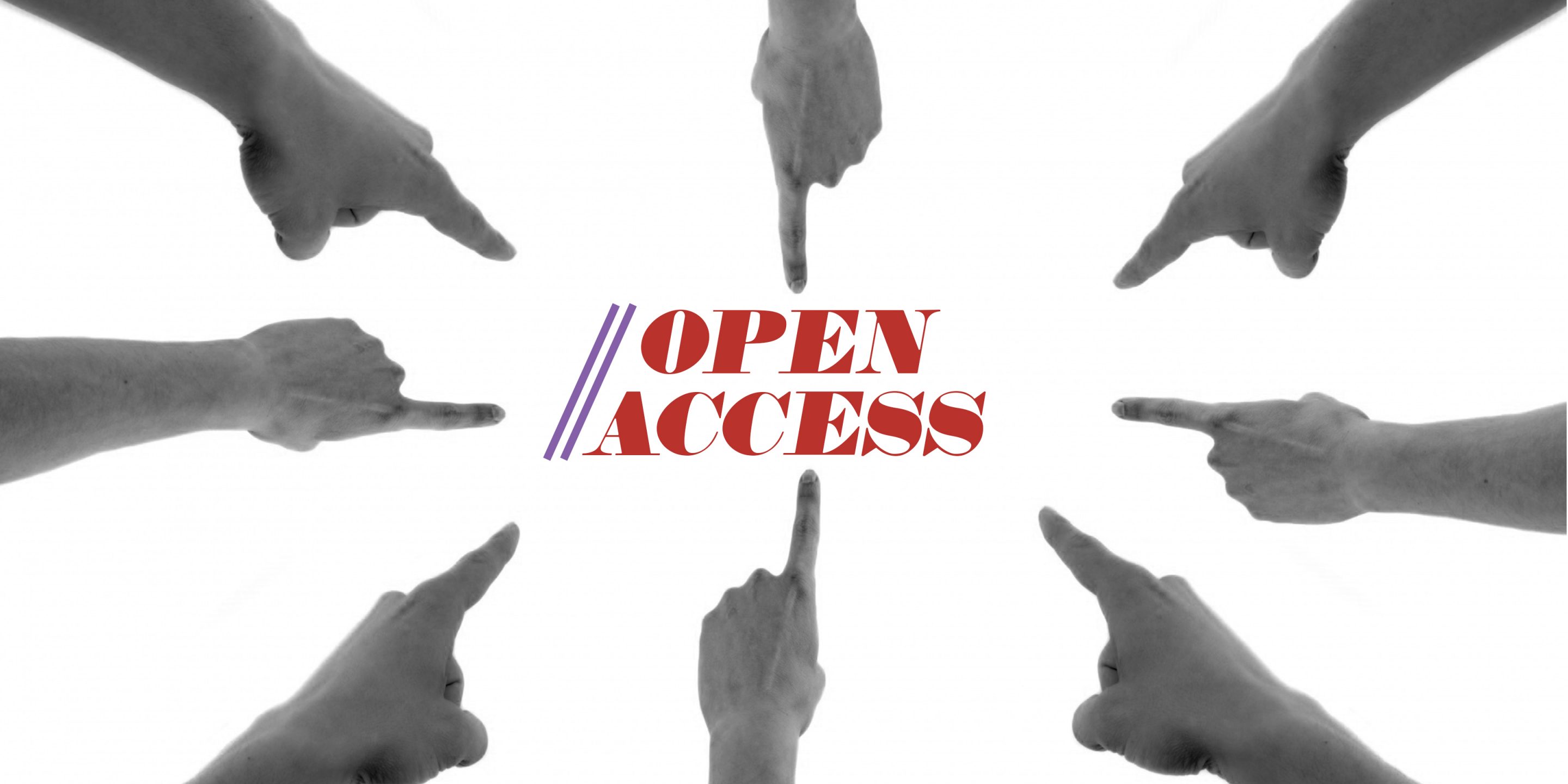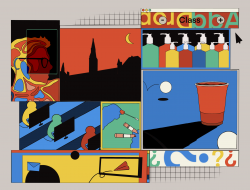For the first two years I was vegan, I didn’t get a flu shot. I also believed that eating too much protein would lower the pH of my blood and give me cancer, and that if I ate enough raw vegetables, I could cure anything.
I don’t like to talk about that period of my life.
The truth is, I was thirteen years old—a freshman in high school. I didn’t understand the meaning of peer-reviewed studies or even know where I could find any. I was a kid, and I had been taken advantage of.
I love much of the vegan movement; I’m still vegan today. I believe the environmental and ethical impact of animal agriculture is devastating, and that if one can go vegan, it is the moral choice. But it is a choice, and one that not everyone is willing to make. So the activists behind the movement have turned to other tactics: trying to convince non-vegans that eating fewer animal products will drastically improve their health. As such, they begin to promote other forms of pseudoscience and spread misinformation.
I don’t want to speculate on whether they’re doing it deliberately or if they’re just as brainwashed as I was, but I will say that it’s harmful. There’s a bit of everything: from fear mongering about modern medicine, to demonizing vitamins (particularly vitamin B12, which is a crucial supplement to a vegan diet), to recommending diets that require eating only raw food or drinking only sugar water. As a result, veganism has earned itself a reputation for ignoring science.
A few months after I went vegan, I saw an endocrinologist for what I thought was a routine follow-up appointment. I discovered my thyroid-stimulating hormone levels were 46 U/mL—they should be around 1 U/mL. I was shocked. The levels probably weren’t caused by veganism, but rather by poor medication education (I had never been told not to eat iron or calcium rich foods while taking thyroid hormones), but I had thought my body was going to run perfectly now that I was eating the healthiest diet in the world.
Turns out, veganism doesn’t cure autoimmune thyroiditis. Thirteen-year-old me was shocked.
Throughout the years, I’ve learned a good amount about science through school and my own research. I never miss flu shots anymore, I believe GMOs are a safe and effective way to feed the growing population, and I don’t think drinking a glass of milk will give anyone cancer. I eat nachos and potato chips and salads and chickpeas. I’m healthier and I’m happier.
I’m lucky that I wasn’t hurt. I was young and didn’t have any serious illnesses. But I can tell you that at times, I contemplated not taking my thyroid medicine at all, which could have been fatal. And I did not take supplements for over a year, which could have caused permanent nerve damage. I developed my gluten and soy intolerances and my chronic back pain at this time—conditions I was likely going to get anyway, but I’m sure not eating properly didn’t help.
I’m ashamed of what I did and what I promoted. I’m such a strong proponent of modern medicine now, that I feel my history of believing and promoting pseudoscience lowers my credibility. I’m educated now, but I wasn’t once. Many people don’t know enough about nutrition to make educated decisions based on research, and they get taken advantage of by quacks. They get sick, or sicker.
Pseudoscience is a problem in the vegan movement. Like all vegans, I want more people to go vegan, and they won’t do that if they feel horrible when they do because they aren’t eating enough iron or have stopped taking medicine they need.
More than that, I know how horrible it is to be sick. I would rather somebody eat steak for every meal of every day (no matter how cute baby cows are) than stop taking their medicine or eat an inadequate diet. Luckily, for most of us, that isn’t a choice we have to make.
Veganism and science are not mutually exclusive, and it’s high time the vegan community stops pretending that they are.





